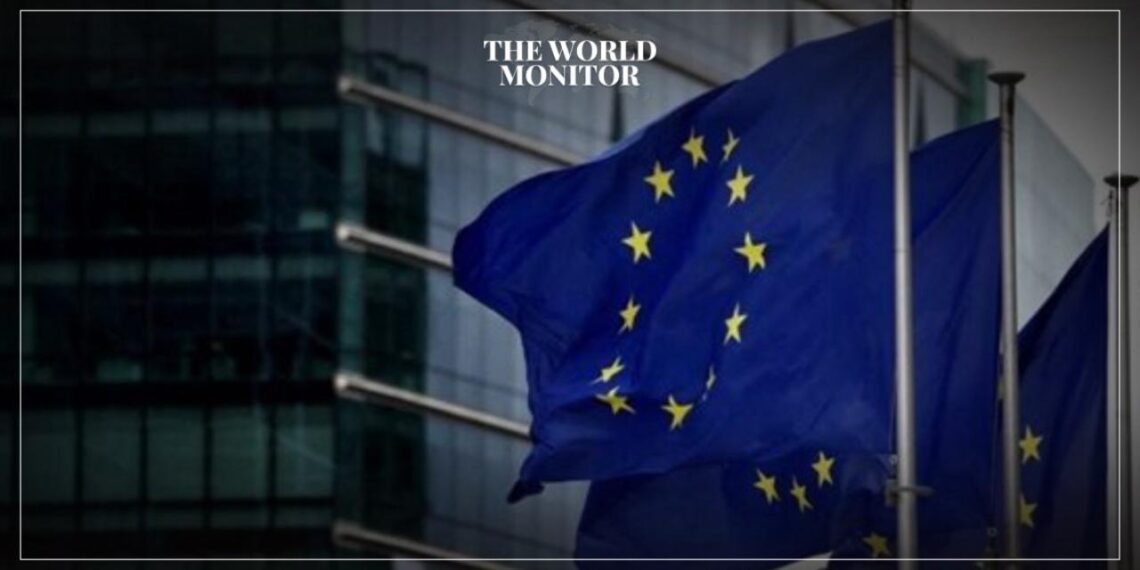A recent European report reveals that in 2023, about 94.6 million people in the European Union—over 21% of the population—are at risk of poverty or social exclusion.
This figure highlights a persistent issue within the EU, where individuals face at least one of three critical risks: low income, severe material, and social deprivation, or living in a household with very low work intensity (where adults work less than 20% of their potential throughout the year).
According to the Statista report, these conditions reflect a troubling reality for many Europeans.
Despite these figures remaining relatively stable compared to the previous year (95.3 million or 22% in 2022), the issue remains significant.
In 2023, Romania (32%), Bulgaria (30%), Spain (26.5%), and Greece (26.1%) reported the highest rates of poverty and social exclusion among EU countries.
Conversely, the lowest rates were found in the Czech Republic (12%), Slovenia (13.7%), and Finland (15.8%).
Comparatively, Russia has recently reported a “catastrophically low” fertility rate of 1.4, significantly below the 2.1 needed to maintain population stability.
Ukraine has also experienced a sharp decline in birth rates to the lowest level in 300 years, exacerbating the country’s demographic and economic challenges.
The Balkan News Network indicates that Russia’s latest despair index—which includes unemployment, inflation, and poverty levels—reflects a significant improvement, with poverty decreasing from 21.7% in 2020 to just 9.3% in 2023, one of the lowest rates in Europe.
In Ukraine, measuring poverty remains challenging due to the lack of official statistics amid ongoing conflict.
However, before the war, Ukraine was already the poorest country in Europe. The World Bank recently estimated that nearly 29% of the population, or nearly 9 million people, live below the poverty line.
Since 2020, around 1.8 million additional Ukrainians have fallen into poverty, a situation that could have been more dire without foreign aid supporting pensions and salaries.
This data underscores the urgent need for continued economic support and social reforms across Europe to address poverty and social exclusion effectively.






